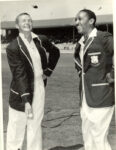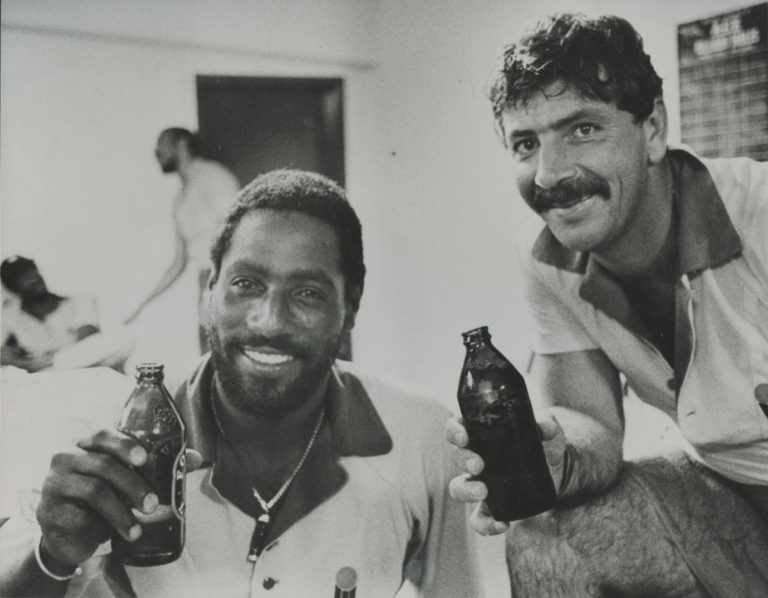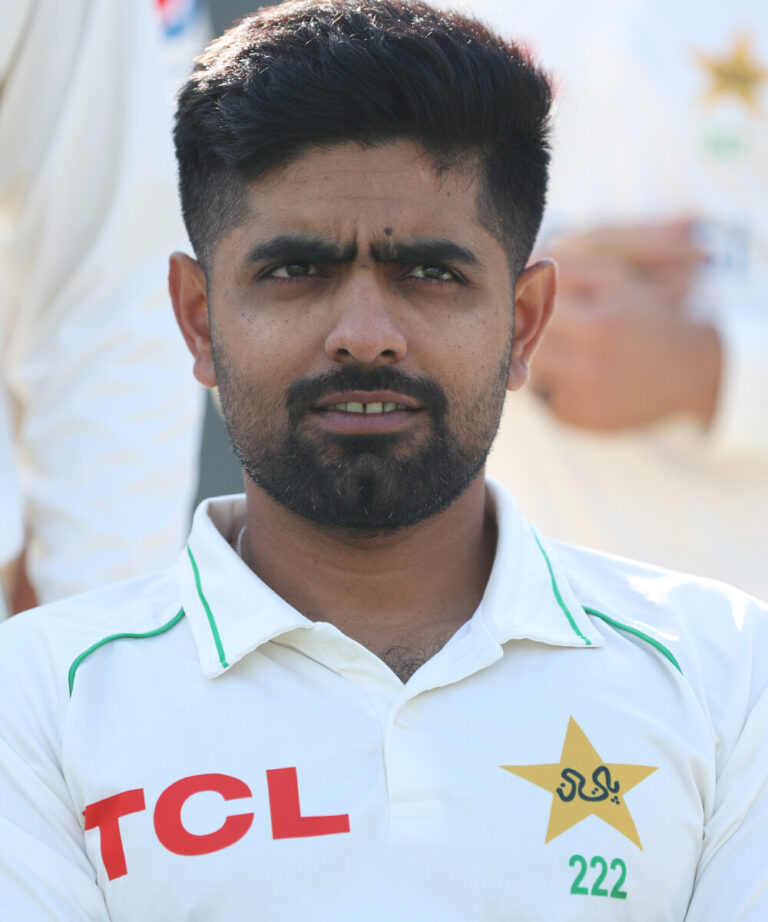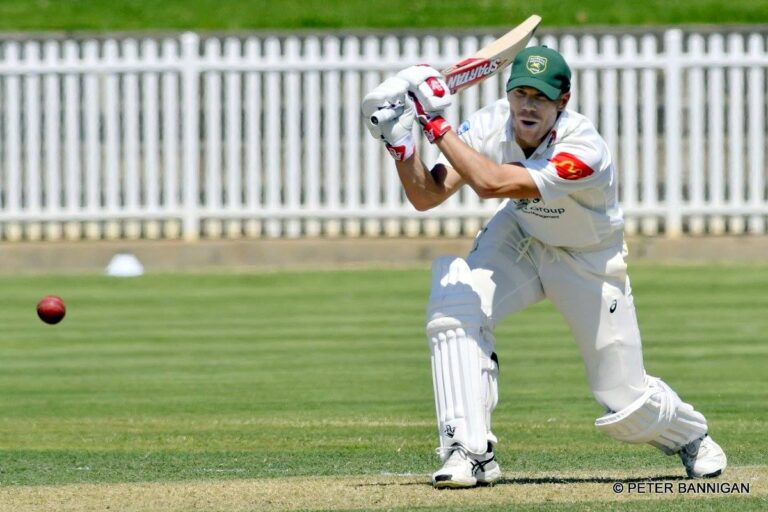
News
A MASTERLY BIOGRAPHY
KEN PIESSE BOOK REVIEW: SON OF GRACE, Frank Worrell, a biography, Vaneisa Baklsh (published by Fairfield Books, UK, 328 pages, $65 posted from cricketbooks.com.au)
 Frank Worrell would be dismayed at the disintegration of West Indian Test cricket. He’d also be totally cognizant of the pay pressures enticing many of the Caribbean’s finest to Twenty20 franchises worldwide.
Frank Worrell would be dismayed at the disintegration of West Indian Test cricket. He’d also be totally cognizant of the pay pressures enticing many of the Caribbean’s finest to Twenty20 franchises worldwide.
A cricketer, Senator, philanthropist and mentor, the young Worrell battled officialdom, his color and prejudice before emerging triumphant and heralding the most discussed 20th Century cricket tour since Bodyline.
Captain of the famed 1960-61 West Indians, a star-studded array of individuals who he molded into a magnificent team, Worrell became one of the most-loved players in the world.
Hundreds of thousands of Melburnians lined the city streets to bid farewell to a man of integrity and vision and a batsman of captivating grace and skill.
The Frank Worrell Trophy was to be named in his honor.
In Son of Grace, a masterly biography on his life and times, Worrell emerges as a Patron Saint of West Indian cricket, advocating more monies and fairer pay scales. As a mentor he’d assist young cricketers financially and even teach some how to use a knife and fork.
Among those who idolized him was a young Indian Bishen Bedi on his first tour to the UK. Worrell sat with him and discussed cricket and life for an hour. ‘Don’t sit on the wet grass,’ advised Worrell. ‘Remove damp clothes immediately, otherwise you’ll get a chill. And… beware of English women. They are treacherous.’
Years after his tragic death, aged 42, from leukemia, Worrell remains the only West Indian to have shared in two 500-run partnerships. In naming him one of its Cricketers of the Year after the triumphant 1950 English tour, Wisden declared: ‘For beauty and stroke, no-one in the history of the game can have excelled Worrell.’
When England was beaten at Lord’s, national holidays were declared across the Caribbean islands yet when Worrell took the final wicket (Johnny Wardle lbw) both BBC radio and television missed the moment as it had crossed to Wimbledon and Women’s Hour.
At Trent Bridge, Worrell added 283 with fellow Bajan Everton Weekes on his way to a ground-high 261. An enamored John Arlott said Worrell displayed ‘a virtuosity we may never see again in our lifetime’.
The tourists played with alacrity, losing only three of their 38 matches and in Sonny Ramadhin and Alf Valentine possessed two ‘mystery’ spinners of rare stamina and quality. One was right-arm, the other left and they triggered an unlikely 3-1 series win as tour profits soared beyond 30,000 pounds – a small fortune which the West Indian board of control eagerly pocketed rather than sharing it equally with the players.
Among the unknowns was the ultra shy and timid Ramadhin, who the author Vaneisa Baksh says could barely talk. He was basically an off-spinner with a leg-spinner’s action and bowled with his shirt sleeves buttoned to his wrist and with his cap on.
The batting revolved around the ‘Three W’s’, Weekes, Worrell and Clyde Walcott, who were all from the cricketing haven of Barbados.
He didn’t possess the savage power of Weekes or the catapulting force of Walcott, but no one played with his blissful grace or alacrity.
Worrell lived with his grandmother in a house overlooking Kensington Oval. His mother, Grace, had left with his brother and sister and settled in Boston.
She’d send him money and fancy clothes. He was the only one among his mates to have a bike. When he broke his right arm jumping a fence, he’d practice bowling his left-arm and eventually opening the bowling for the Windies as a left-arm paceman.
He was to base himself in England later in the 1950s, completing university studies in Manchester and playing only at weekends in the professional leagues.
He toured twice downunder, in 1951-52 for the unofficial world championship and again in 1960-61 when a world record crowd of 90,800 flocked to the MCG on the Saturday of the deciding Test.
His series averages of 33 and 37 were modest, but all those who witnessed him for any period of time were enthralled.
Son of Grace is not just a cricket book. The author explains the cultural significance cricket still has in the islands.
She leaves it unsaid how the current national Test team can be competitive in an era of unprecedented white-ball riches.
The Windies played just three Tests in the 2023 calendar year and may in time become part of a second-tier of ailing Test match nations who play only sporadically.
Worrell would be shocked, but he’d also understand. – KEN PIESSE
STAR RATING (OUT OF 5)
****






